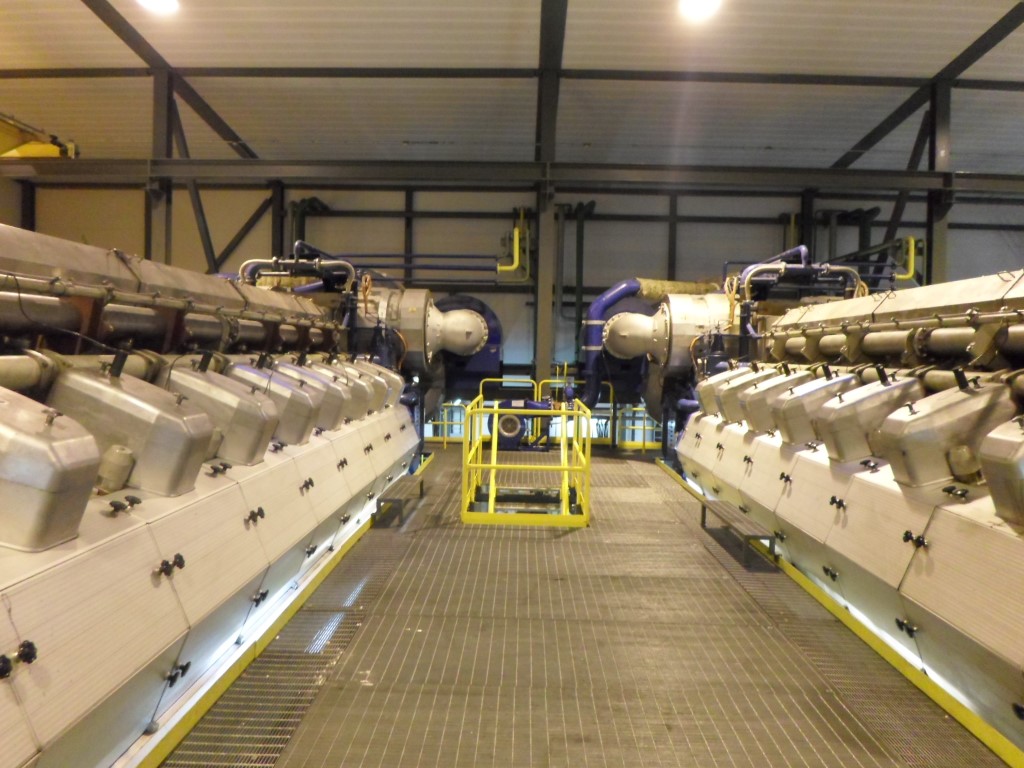
What is engine start study and analysis?
The definition of study and analysis of the starting of electric motors is an activity to determine and analyze the behavior of a motor during its starting phase. This study is generally applied to large engines. Motor starting analysis includes evaluation of starting current, voltage drop and required starting time. Motor starting studies are performed on large commercial and industrial systems where a large capacity motor can have undesirable consequences on the performance of the motor, system and surrounding equipment.
PWM provides consulting services and motor starting analysis. If you are looking for a consulting firm for motor starting studies for your power system design or installation, contact us and count on the experience of our electrical power system engineers. We carry out studies, analyzes and measurement campaigns at the start of motors for large industries and power generation plants.
We carry out evaluations for different motor starting methods:
- Direct online (DOL);
- Series impedance;
- shunt capacitor;
- Reactor / choke;
- Reactor-capacitor;
- Partial winding;
- Star / delta (Y-∆);
- Auto-transformer;
- soft starters;
- Variable frequency variator;
- Variation of voltage and frequency.
Why hire an engine start-up study?
There are at least 5 (five) reasons why we need to conduct a motor starting analysis. The reason is revealed problems that existed, voltage drops, problems in power generation, there are special torque requirements and type of starting method.
The motor starting study is necessary if:
- Motor rating exceeds 30% of transformer kVA rating (if no generator).
- Running a large motor will cause interference with locally connected motors, systems and loads, as well as the buses connected to it.
- Motor rating or capacity exceeds 10-15% of generator kVA rating (if system is supplied by generator only).
- Many engines start simultaneously.
Voltage dips issues:
- The motor load torque is directly proportional to the square of the motor terminal voltage, therefore any voltage variations will directly affect the motor load torque characteristics of the motor (T∞ V2).
- During starting, the voltage at the motor terminals must be maintained at at least 80% of the rated voltage or more for NEMA standard B design motors.
- If the voltage drop caused by starting the motor is interrupted, the load on the running motor may exceed the damaged torque and may significantly decrease or even experience a crash condition.
- Voltage dips also affect other types of loads, such as electronic devices, sensitive control devices, lighting loads, etc.
Power Generation Problems:
- Engine starting studies are useful for analyzing the performance of small systems combined with generators.
- Smaller power systems are often serviced by limited capacity, which often exacerbates the voltage drop problem when starting a large capacity motor.
Special Torque Requirements:
- Any special load must be accelerated by careful and precise control, without exceeding the torque limits defined in the equipment.
- Determining the Startup Method
- The study can be used to select a motor or motor starting method or both.
- Detailed studies are used to determine the size of the starting resistor in the motor rotor windings.